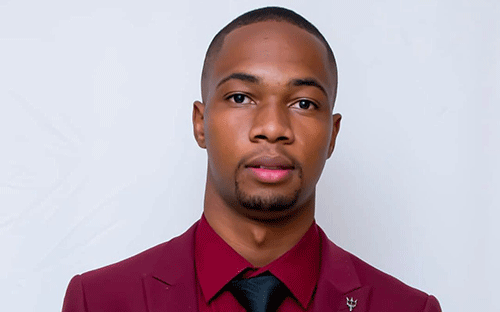I have been deeply reflecting on the election outcome, and the consequences we will likely face as a nation. Our situation is critical, knowing that our elections were neither free nor fair. We mustn’t shy away from acknowledging this uncomfortable truth.
When elections are unfair, we risk a serious erosion of trust in our institutions. People may lose faith in the democratic system, and the very government institutions that are meant to serve them. This loss of confidence can lead to widespread disillusionment and a sharp decline in civic participation, making it harder for citizens to engage in meaningful ways with the political process.
The consequences don’t stop there. Unfair elections can lead to political instability. We may see protests, violence or even civil unrest, which could undermine our social cohesion, and put the nation’s security at risk. In these conditions, it becomes much harder to foster a united, peaceful society.
Another outcome of unfair elections is the weakening of our democracy itself. When the process is skewed, it becomes increasingly difficult for citizens to hold their leaders accountable. This not only distorts the democratic, process but could also open the door to authoritarianism, where those in power may seek to consolidate their control, and suppress any form of opposition.
Furthermore, unfair elections can lead to international isolation. If the fairness of an election is questioned on the global stage, it could result in diplomatic consequences—sanctions, loss of foreign aid or a tarnished international reputation. This would leave the country isolated, weakening our position in global affairs.
Economically, the impact is equally severe. Political uncertainty and instability often lead to economic turbulence. Investors may pull out, businesses may face challenges, and the country’s overall economic health could suffer due to a lack of confidence in governance.
Then, there are human rights’ violations that often follow. Unfair elections are frequently accompanied by the suppression of opposition, media censorship and even violence against political opponents. We’ve already seen signs of this in the actions of those in power, and such behaviour can lead to widespread human rights’ abuses.
In the end, an unfair election doesn’t just hurt a political party or a group of people—it undermines the very principles of democracy. It weakens governance and can leave lasting damage to a country’s political, social, and economic systems. The impact of such an election is felt for years, and it’s something we cannot afford to ignore.
*Turipamue Kazenango is a political enthusiasts and Public Management student at the Namibia University of Science and Technology. His interest also lies in public governance.



